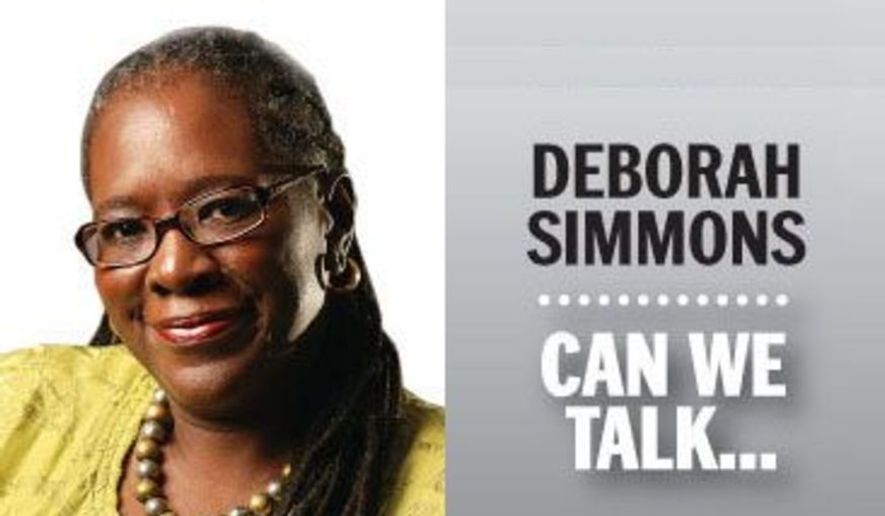ANALYSIS/OPINION:
The mayor of the non-state of nonstates and the non-state’s legislature are positioned for a tug-of-war over public schooling, and guess who’s caught in the middle?
Why children and parents, of course.
Mayor Muriel Bowser and the D.C. Council are seeking a divorce over child custody, alimony and who gets the schoolhouses — in short, who controls school funding and the geopolitics of public education.
At the moment, this battle turns on which entity will gather crucial info over the geoeconomic tools, policies and objectives of public schooling — details that determine where and how kids are educated.
Here’s the back story.
This spring, lawmakers began ginning legislative proposals after several Bowser administration school scandals. One scandal spun on fraudulent high school diplomas and another on fraudulent attendance records. A third involved fraudulent residency exceptions.
A fourth was a firing offense: The deputy mayor for education, Jennifer Niles, gave special permission for the D.C. Public Schools chancellor, Antwan Wilson, to send his daughter to an out-of-boundary high school.
D.C. school kids don’t have to attend their neighborhood school. But their parents must get in a lottery — i.e., fill out an application that lists their top three out-of-boundary preferences — and wait (oftentimes months, sometimes near summer’s end) for the school system to reply.
Consideration includes a student’s Zip code, academic performance and siblings’ legacy ties to a school, as well as the school itself.
Lawmakers are aware of frustrated parents’ and students’ concerns — and that public awareness is a very good thing when it comes to kids.
Anyway, after lawmakers returned from their two-month summer recess, they queried school administrators’ on how to resolve the scandals and avoid new ones, and the mayor’s proposal to add another layer of school bureaucracy that keeps an eye on enrollment projections and transparency.
The lawmakers, meanwhile, already had commissioned an audit, and D.C. Auditor Kathy Patterson, herself a former lawmaker, released that audit on Friday. Its projection numbers weren’t startling: “D.C. public school enrollment is projected to grow between 12,000 and 17,000 students in the next 10 years,” Mrs. Patterson said.
Mindful of the geoeconomic trends (especially the push to send pre-kindergarten kids into schooling) and of plans and policies in place to change the look of D.C. neighborhoods, there’s no telling what lawmakers and the Bowser administration would glean from information from a new layer of “educrats.”
Instead of launching a she said-they said replay of the most recent Kavanaugh hearing, the council should exercise its line-item authority and defund or simply not fund a mayoral push to create an additional layer of bureaucracy that would hold families at bay while the mayor plays politics.
In other words, the council can just say no.
The council gave itself such power in 2007, when lawmakers placed most of the school system under the control of then-Mayor Adrian Fenty. The scandals on Miss Bowser’s watch and the lackluster performance of the council’s Education Committee prove that too many cooks can indeed spoil the broth.
The council needs to legislate more like the U.S. Constitution designates Congress and the president — lawmakers propose and fund, and the president executes.
The council also must scrub agency budgets, as mayors tend to give old initiatives new names while lawmakers see, hear and speak no evil because they haven’t a clue.
Sure, they conduct “oversight” hearings, but they don’t really know how laws are being executed and/or whether an initiative has solved a problem or created a new one.
Now they know. Now they know the Bowser administration shortchanges families with an unfair lottery and cheats children of an education. What’s more, Education Committee Chairman David Grosso failed in his legislative responsibilities by not guarding the hen house.
The council should continue to tug at the mayor — but be mindful of why it’s in the tussle. For the children’s sake.
• Deborah Simmons can be contacted at dsimmons@washingtontimes.com.
• Deborah Simmons can be reached at dsimmons@washingtontimes.com.




Please read our comment policy before commenting.